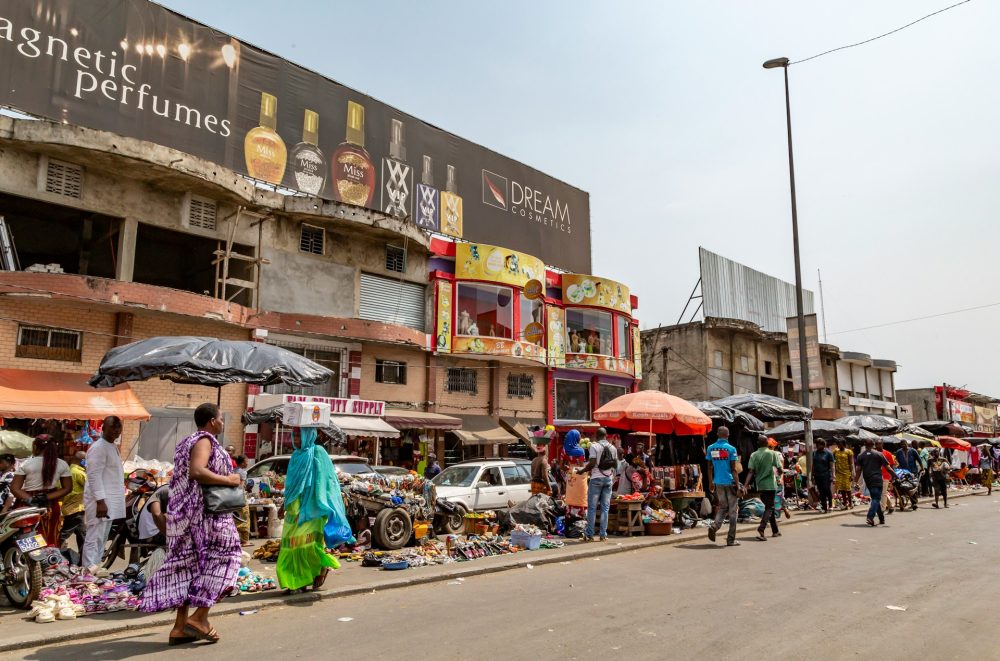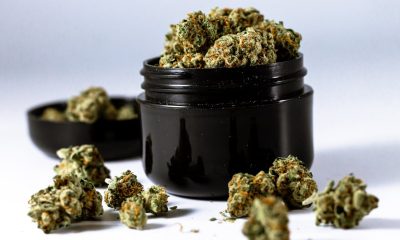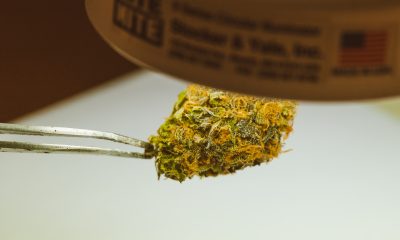Cannabis
Argentina Authorizes Patient Associations to Cultivate Medical Cannabis
Medical cannabis was legalized in 2020 in Argentina. However, although home cultivation by patients was allowed, the Non-Governmental Organizations also claimed, the need to include them in the cannabis production project for patients who were members of the associations. Associations are limited to 150 members but the number may increase.

Organizations in Argentina will be allowed to cultivate medical cannabis in 15 square meters in different outdoor areas and up to 6 square meters in indoor cultivations, per patient, provided they are duly authorized. Within these area limits, there may be up to nine flowering plants for each patient.
The Argentine government has thus taken an important step in the legislation regarding medical cannabis, by allowing the cultivation of cannabis by patient associations. After two years of meetings, requests, consultations, and proposals, the national Health Ministry has announced that cannabis organizations will be able to cultivate – already legally – cannabis plants for medicinal purposes for their members.
According to the resolution published by the Argentine Ministry of Health, because of the time that has elapsed since the beginning of the aforementioned registry (REPROCANN), an evaluation of its operation was carried out for the purpose of improvement. In this evaluation process, the entities integrating the National Program for the Study and Research of the Medicinal Use of the Cannabis Plant, its Derivatives and Non-Conventional Treatments participated, as well as the members of the Honorary Advisory Council of the Program, especially the non-governmental organizations representing civil society.
Read more on the subject and find the latest cannabis news with the Hemp.im mobile app.
Medical cannabis was legalized in 2020 in Argentina
However, although home cultivation by patients was allowed, the Non-Governmental Organizations also claimed, the need to include them in the cannabis production project for patients who were members of the associations.
In 2020, after the legalization for medicinal purposes, the “Registry of Cannabis Program (Reprocann) was constituted, from which was established the possibility of access, through controlled cultivation, to the cannabis plant and its derivatives, with the proper indication and medical prescription. Reprocann’s operating bases implied registration by patients, but non-governmental organizations were prevented from registering as entities which cultivated medical cannabis for their members.
Associations are limited to 150 members but the number may increase
The ministry, led by Carla Vizzotti, granted the request of Reprocann’s Advisory Board (composed of doctors, activists, scientists, and national authorities) and authorized the cultivation of associations for up to 150 patients, modifying the legislation in order to simplify the steps to better guarantee access to treatment for medical, therapeutic, and palliative cannabis users, as well as regarding the establishment of civil organizations as third parties authorized to cultivate for the supply of a registered patient.
The rules imposed on patients are simple: consumers who are members of NGOs, have to cumulatively register with Reprocann, linking their profile to the prescribing physician as well as the corresponding organization in the production function for third parties. In short, the rules for organizations present some novelties in relation to the transport of plants. However, they mirror those established for private users, the same area allowed for cultivation, the same number of plants, and the same authorization to transport flowers or oil within the Argentine territory: between one and six 30-milliliter bottles or up to 40 grams of dried flowers.
One of the internal discussions that took place in the Advisory Board about these changes was precisely the limit of patients for each institution. The figure set as a limit was 150 members per association, but there is a window for groups that exceed this number (some already do) to apply for an administrative authorization privately before the Argentine Ministry of Health’s National Program for the Study and Investigation of the Medicinal Use of the Cannabis plant.
__
(Featured image by NickyPe via Pixabay)
DISCLAIMER: This article was written by a third party contributor and does not reflect the opinion of Born2Invest, its management, staff or its associates. Please review our disclaimer for more information.
This article may include forward-looking statements. These forward-looking statements generally are identified by the words “believe,” “project,” “estimate,” “become,” “plan,” “will,” and similar expressions. These forward-looking statements involve known and unknown risks as well as uncertainties, including those discussed in the following cautionary statements and elsewhere in this article and on this site. Although the Company may believe that its expectations are based on reasonable assumptions, the actual results that the Company may achieve may differ materially from any forward-looking statements, which reflect the opinions of the management of the Company only as of the date hereof. Additionally, please make sure to read these important disclosures.
First published in CANNA REPORTER, a third-party contributor translated and adapted the article from the original. In case of discrepancy, the original will prevail.
Although we made reasonable efforts to provide accurate translations, some parts may be incorrect. Born2Invest assumes no responsibility for errors, omissions or ambiguities in the translations provided on this website. Any person or entity relying on translated content does so at their own risk. Born2Invest is not responsible for losses caused by such reliance on the accuracy or reliability of translated information. If you wish to report an error or inaccuracy in the translation, we encourage you to contact us.

-

 Africa1 week ago
Africa1 week agoIvory Coast Development Plan 2026–2030: Investment, Growth, and Strategic Reforms
-

 Crypto5 days ago
Crypto5 days agoBitcoin Rebounds Above $70K as Crypto Markets Show Fragile Signs of Recovery
-

 Crypto2 weeks ago
Crypto2 weeks agoCrypto Markets at a Crossroads as Bitcoin Slides to $75,000
-

 Biotech2 days ago
Biotech2 days agoEurope Launches Personalized Cancer Medicine Initiative

























